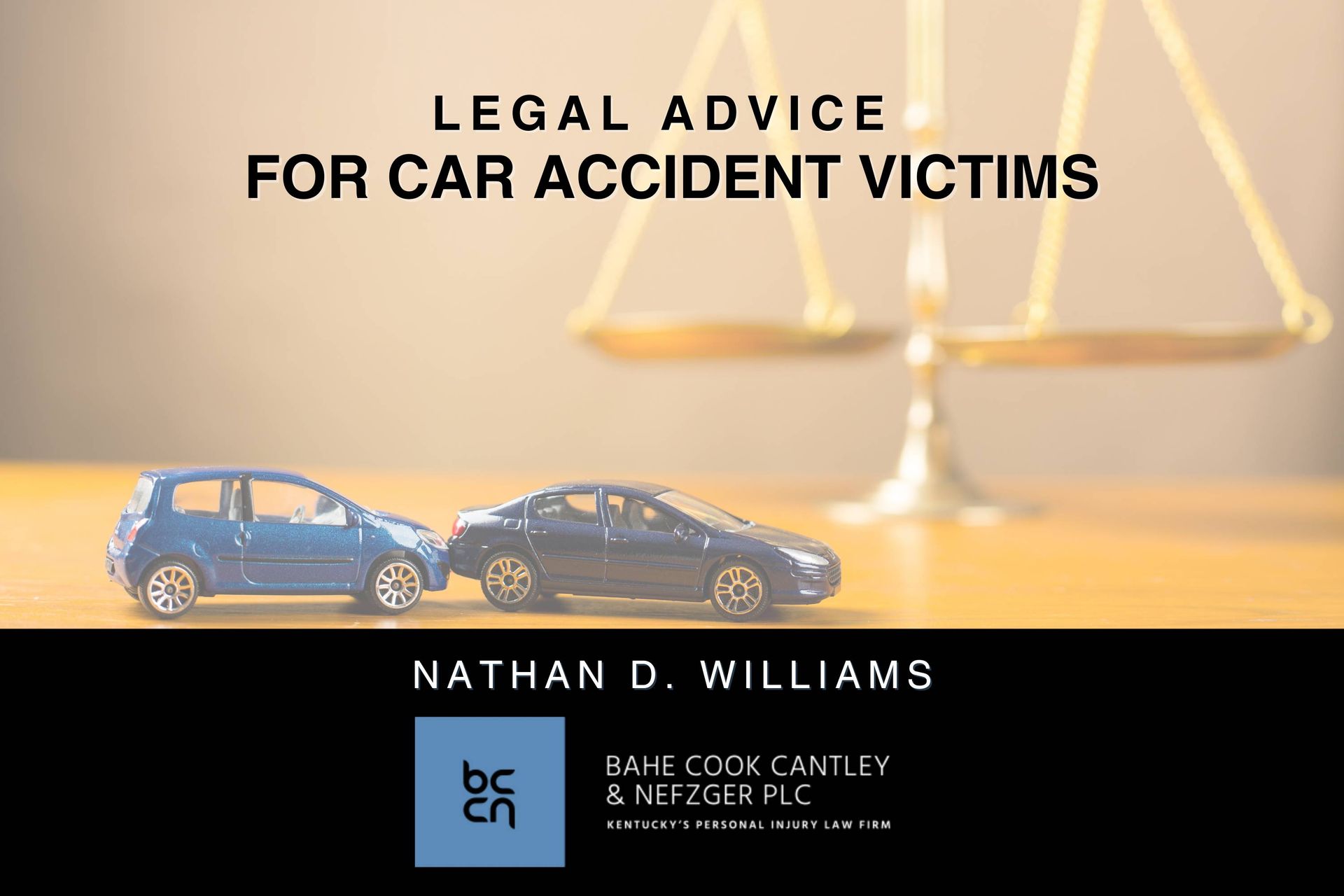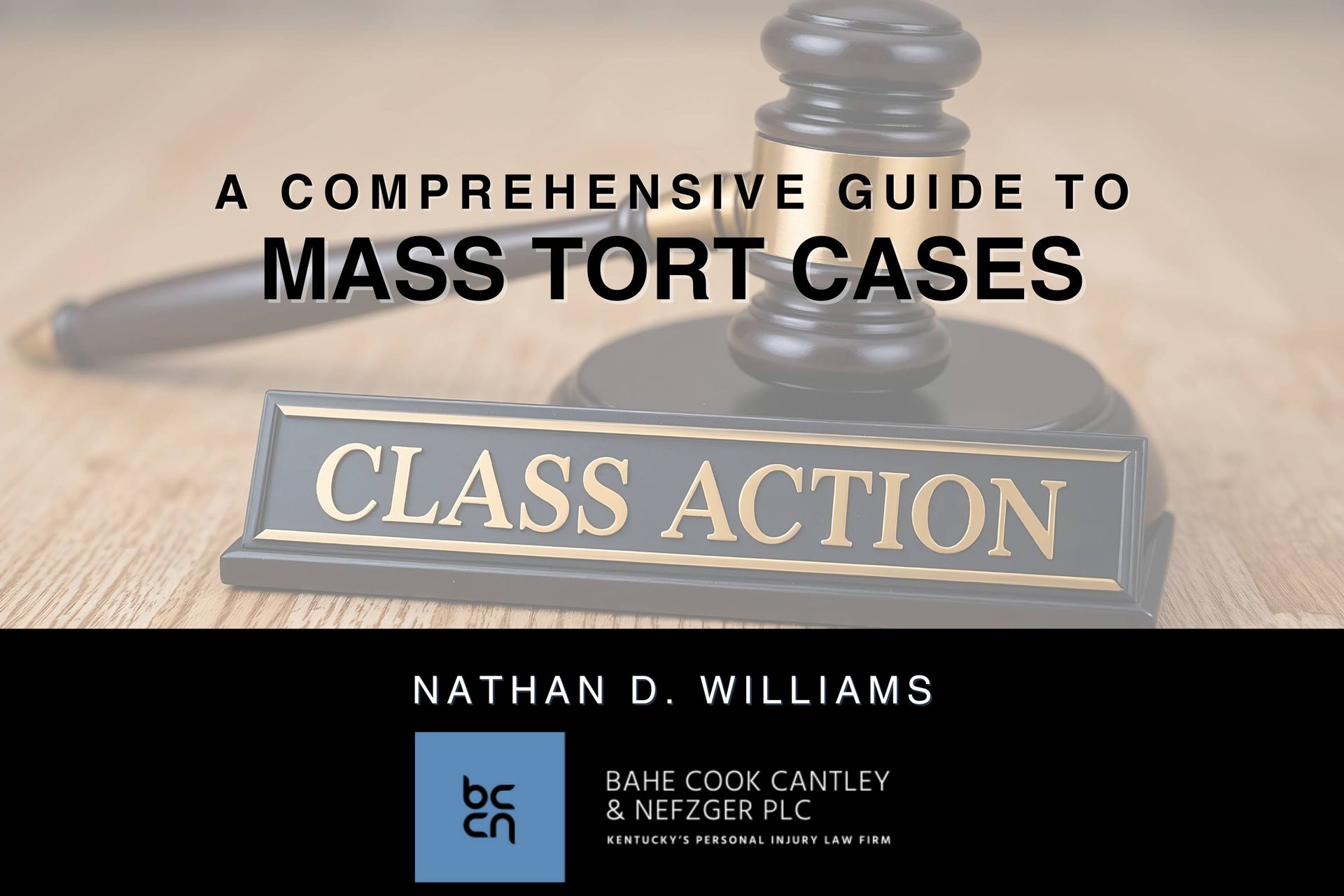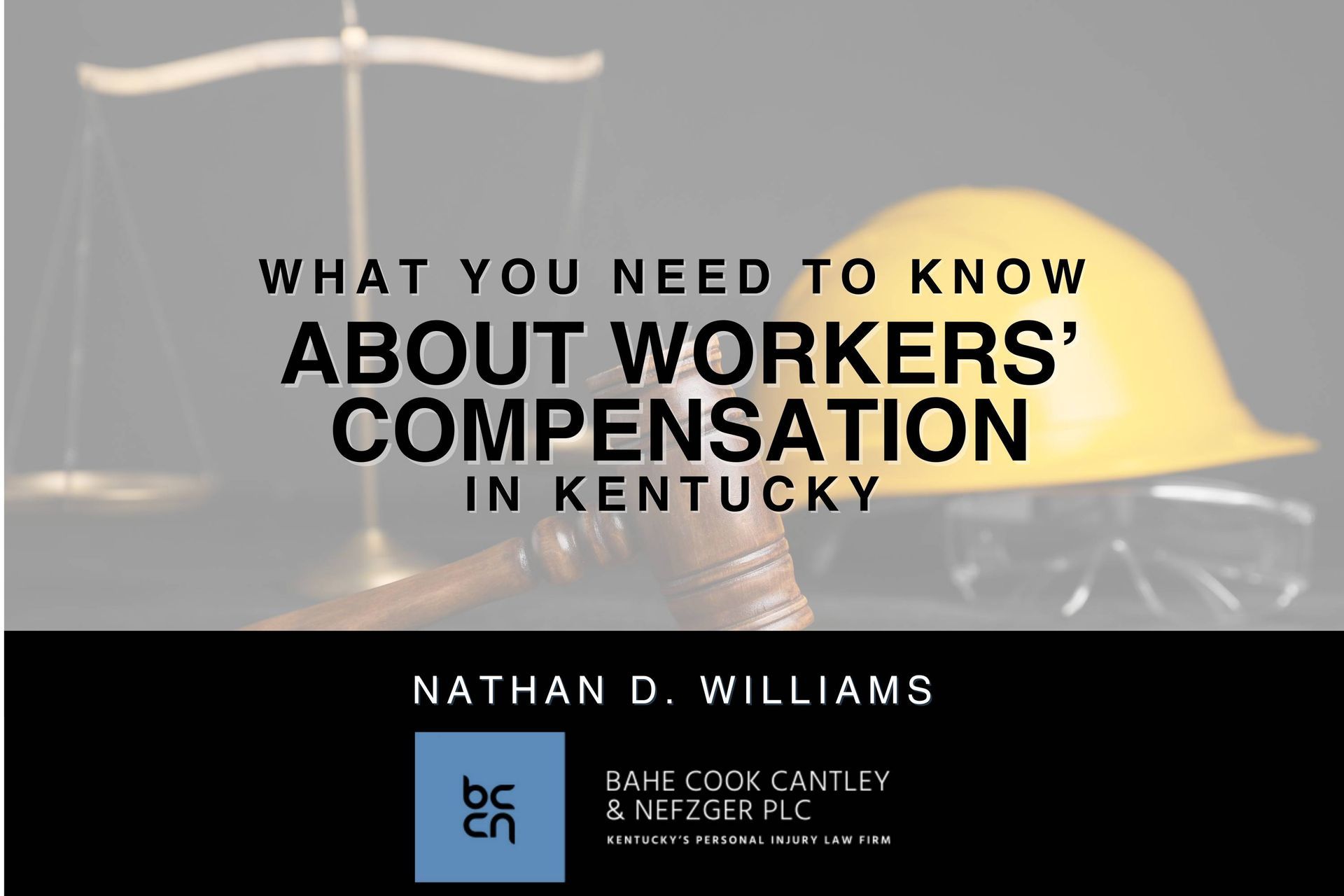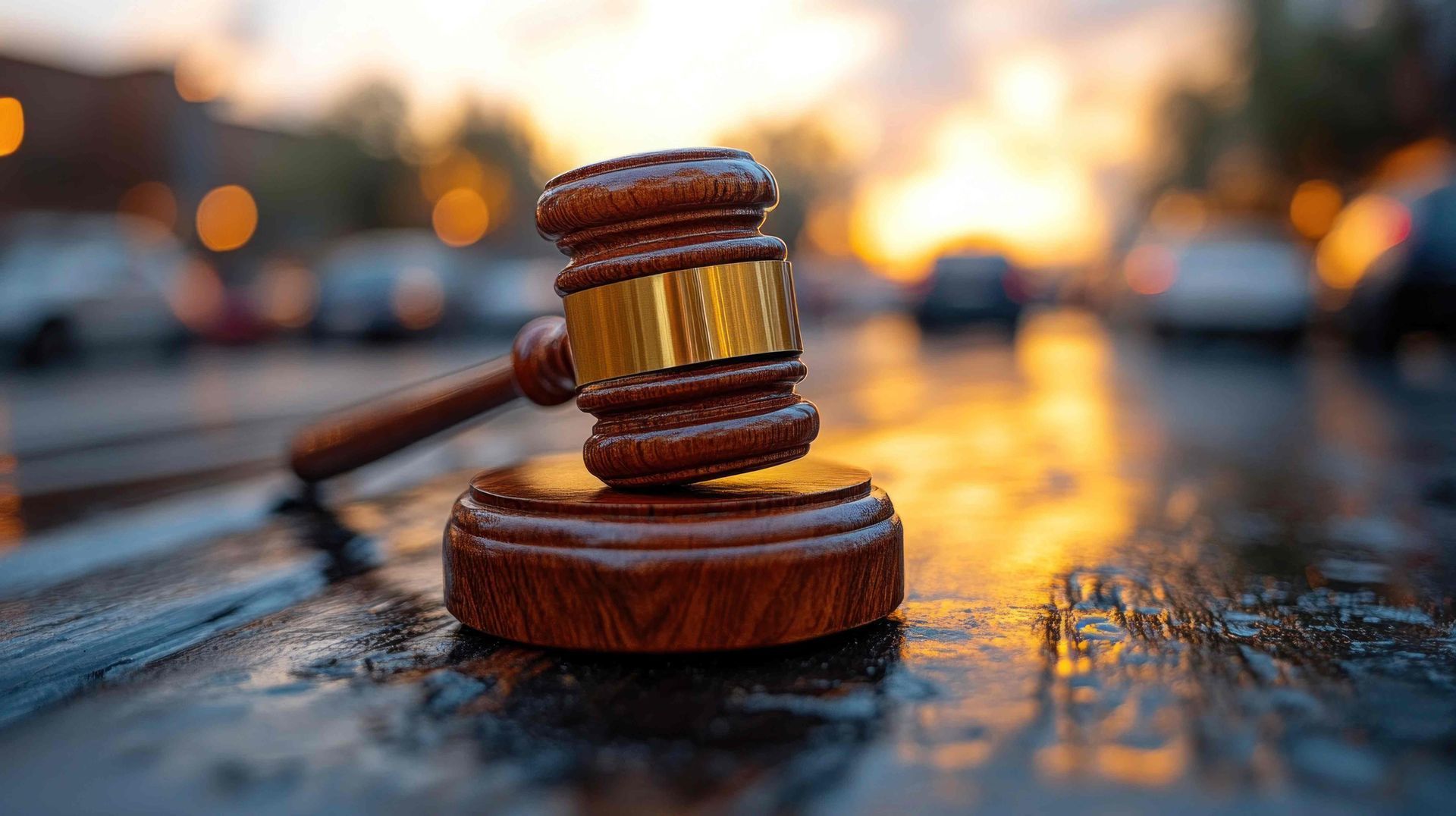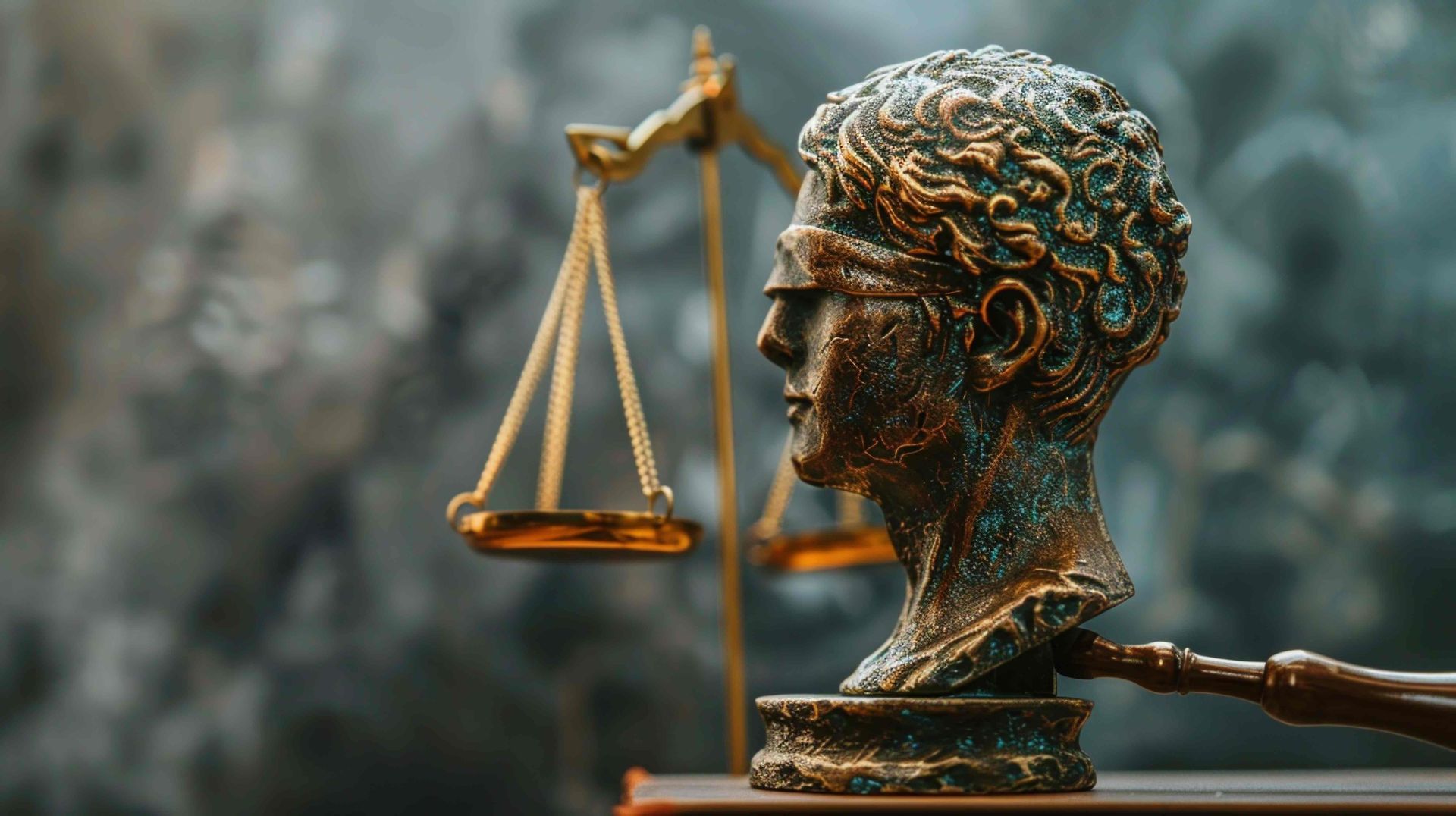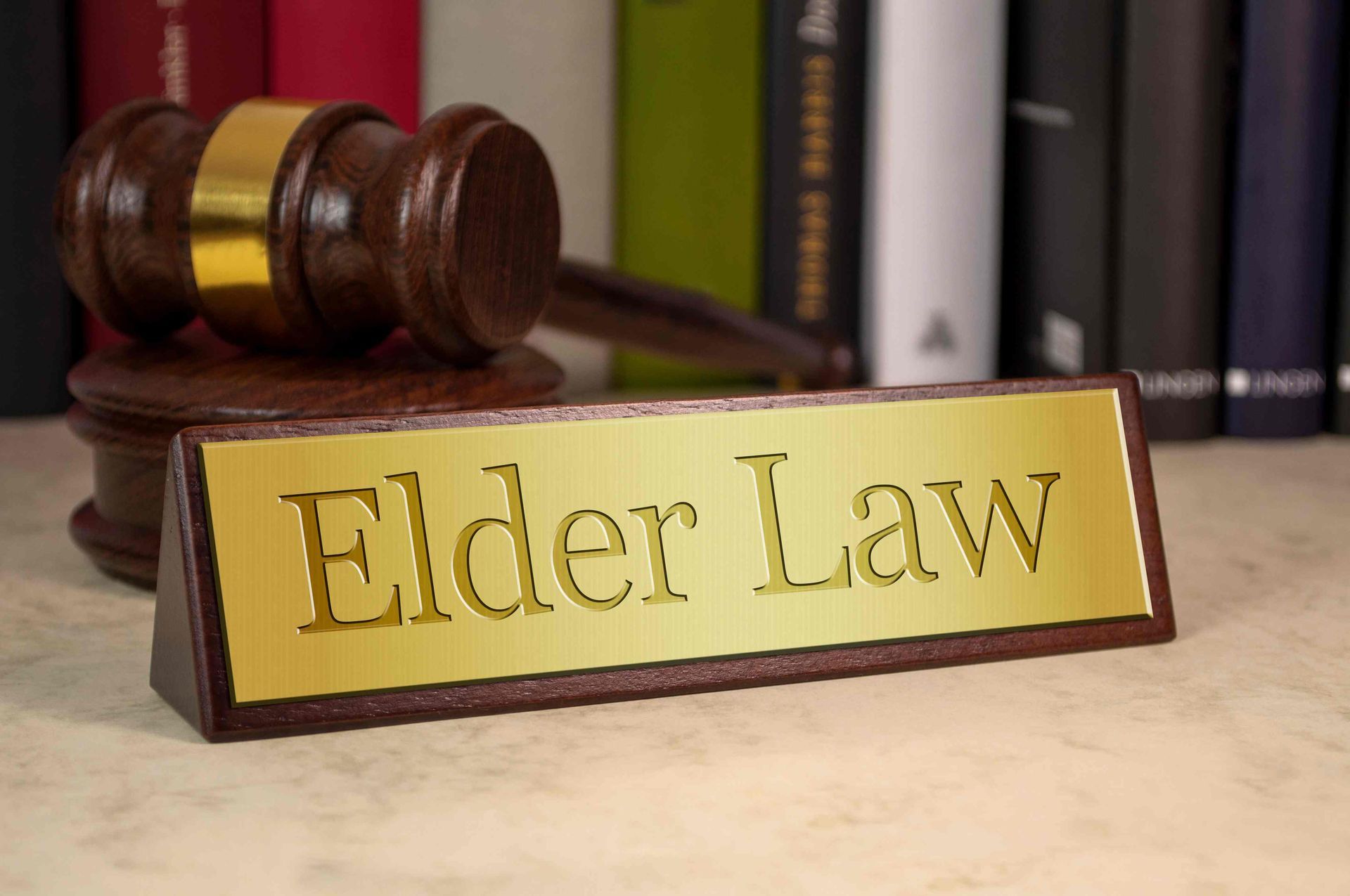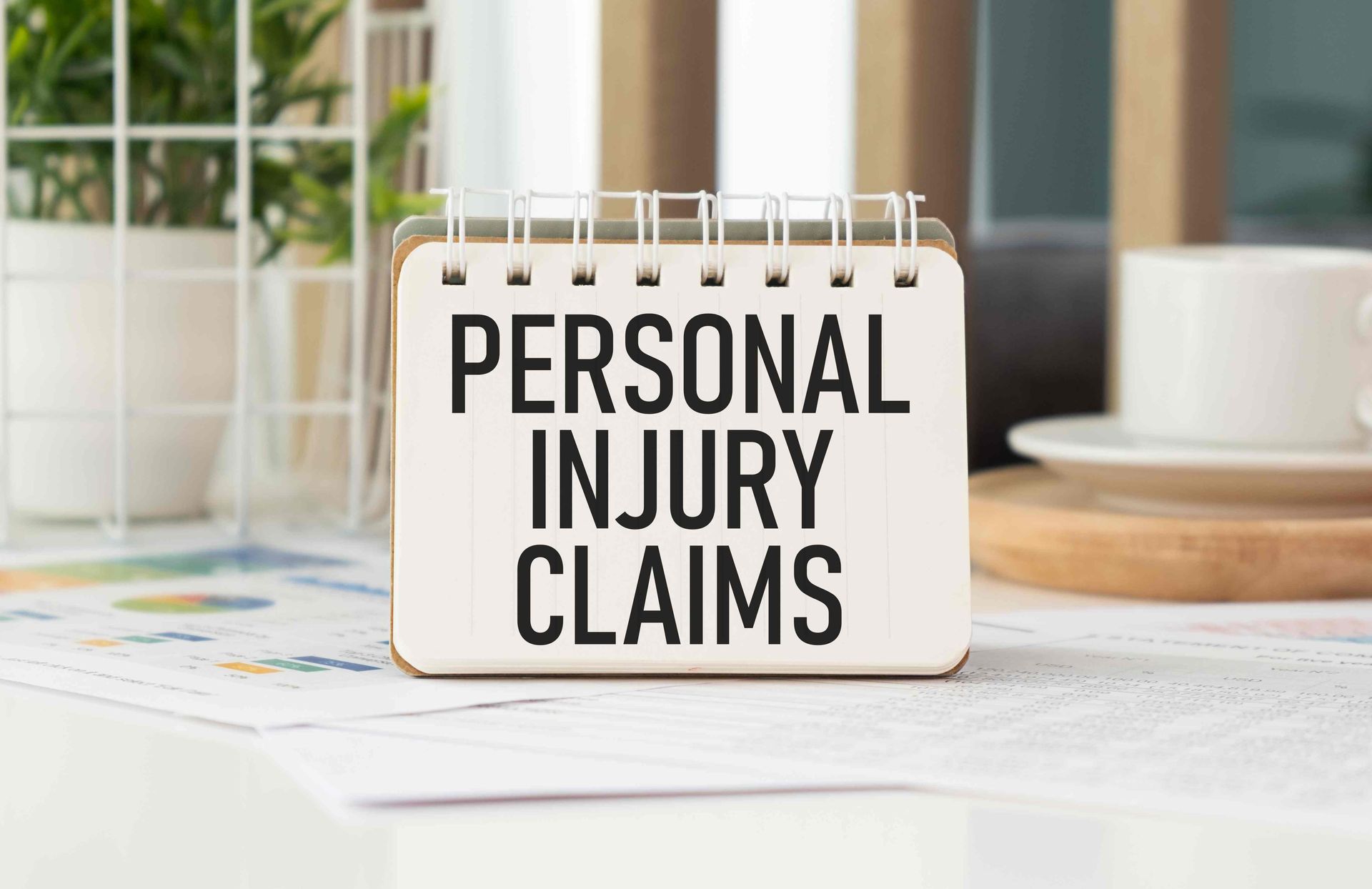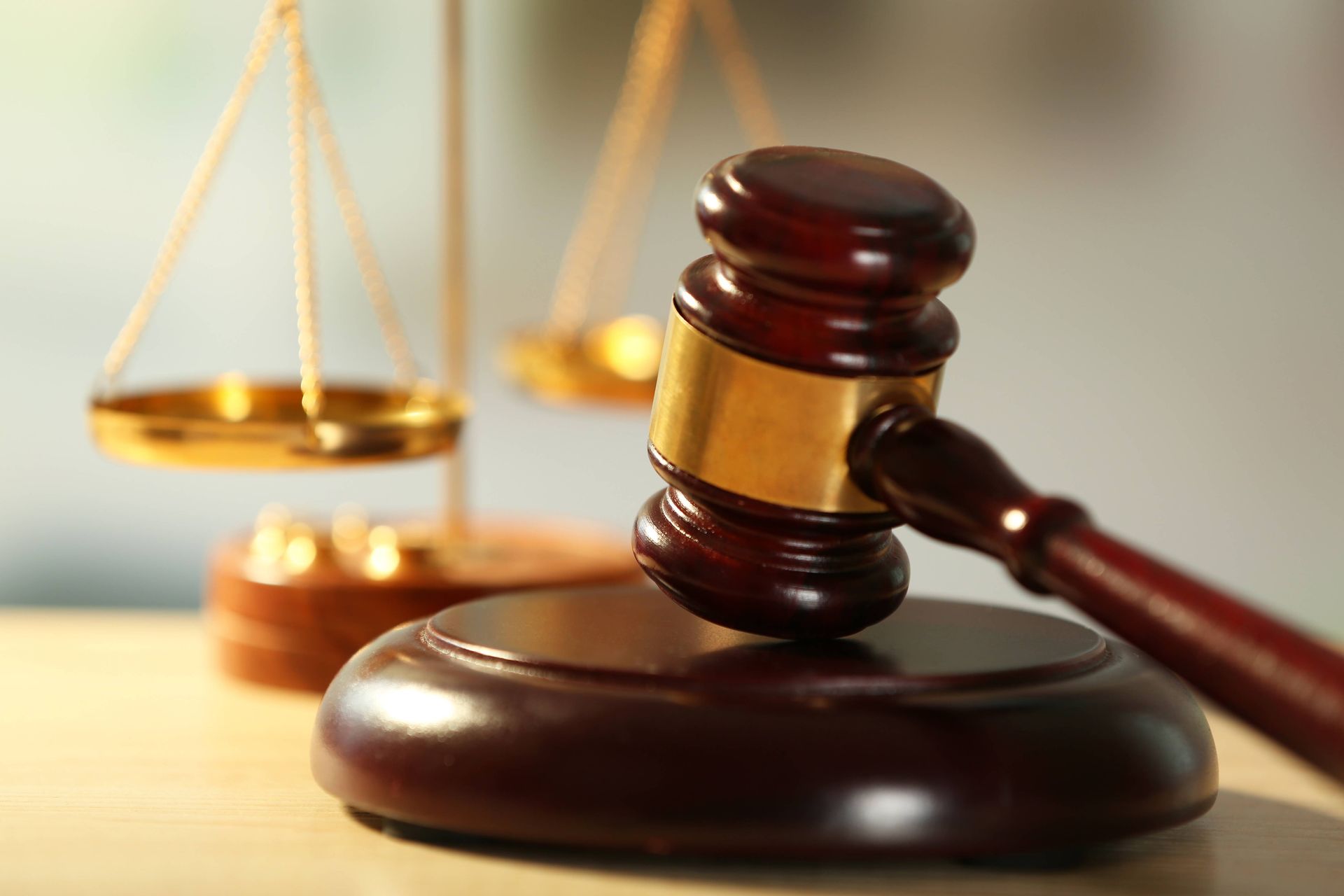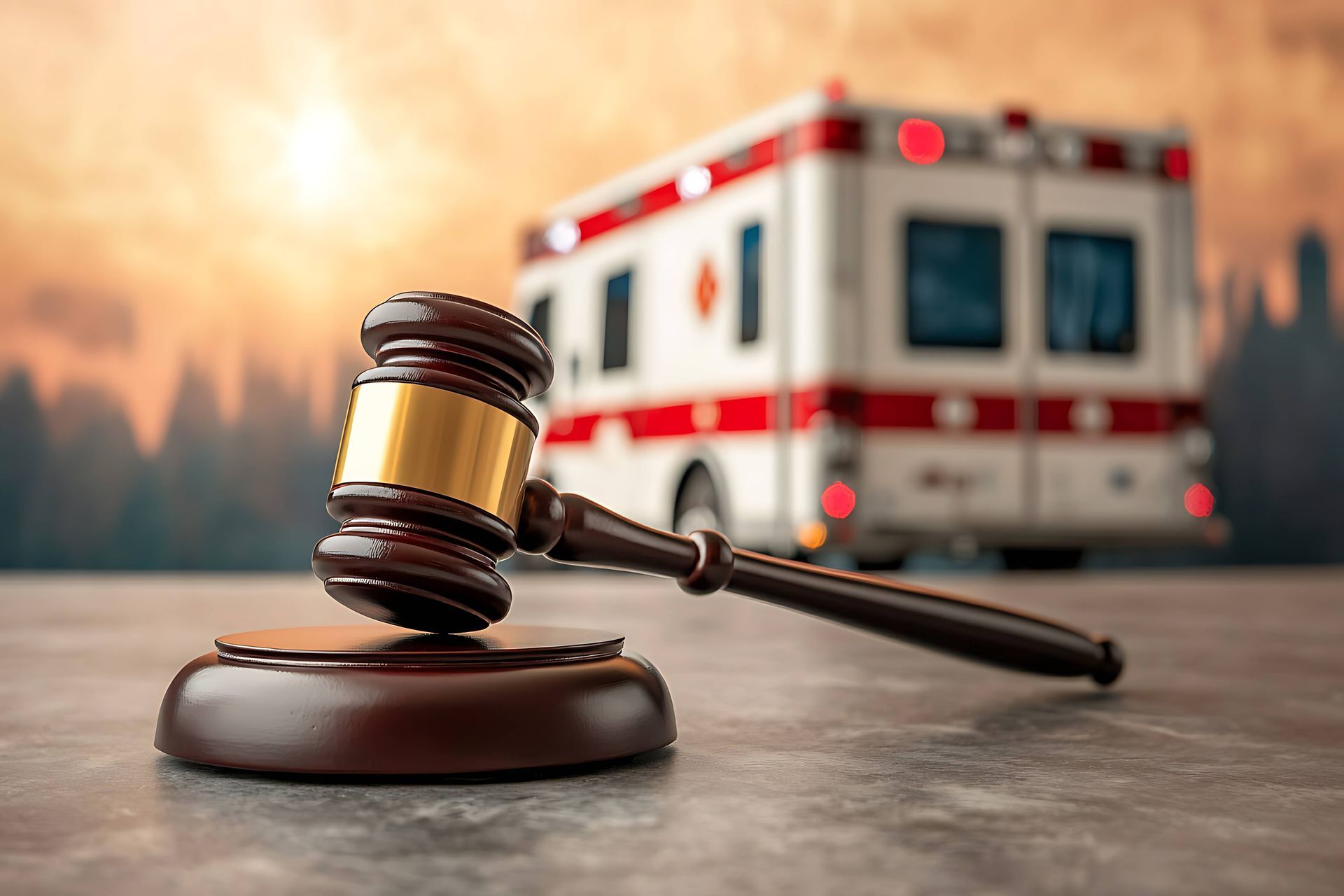How To Find a Good Bicycle Accident Lawyer
Riding a bicycle is a great way to get around but it comes with its fair share of dangers. Nearly 1,000 bicyclists die while over 130,000 bicyclists are injured in crashes on roadways every year in the US. While safety measures can lower your odds of becoming a statistic, there’s still a possibility of injury when you ride.
If you ride a bike or were involved in a bike-related accident, you need to read this article. We’ll enumerate the things you should do after an accident and the factors to consider when looking for a reputable bicycle accident lawyer.
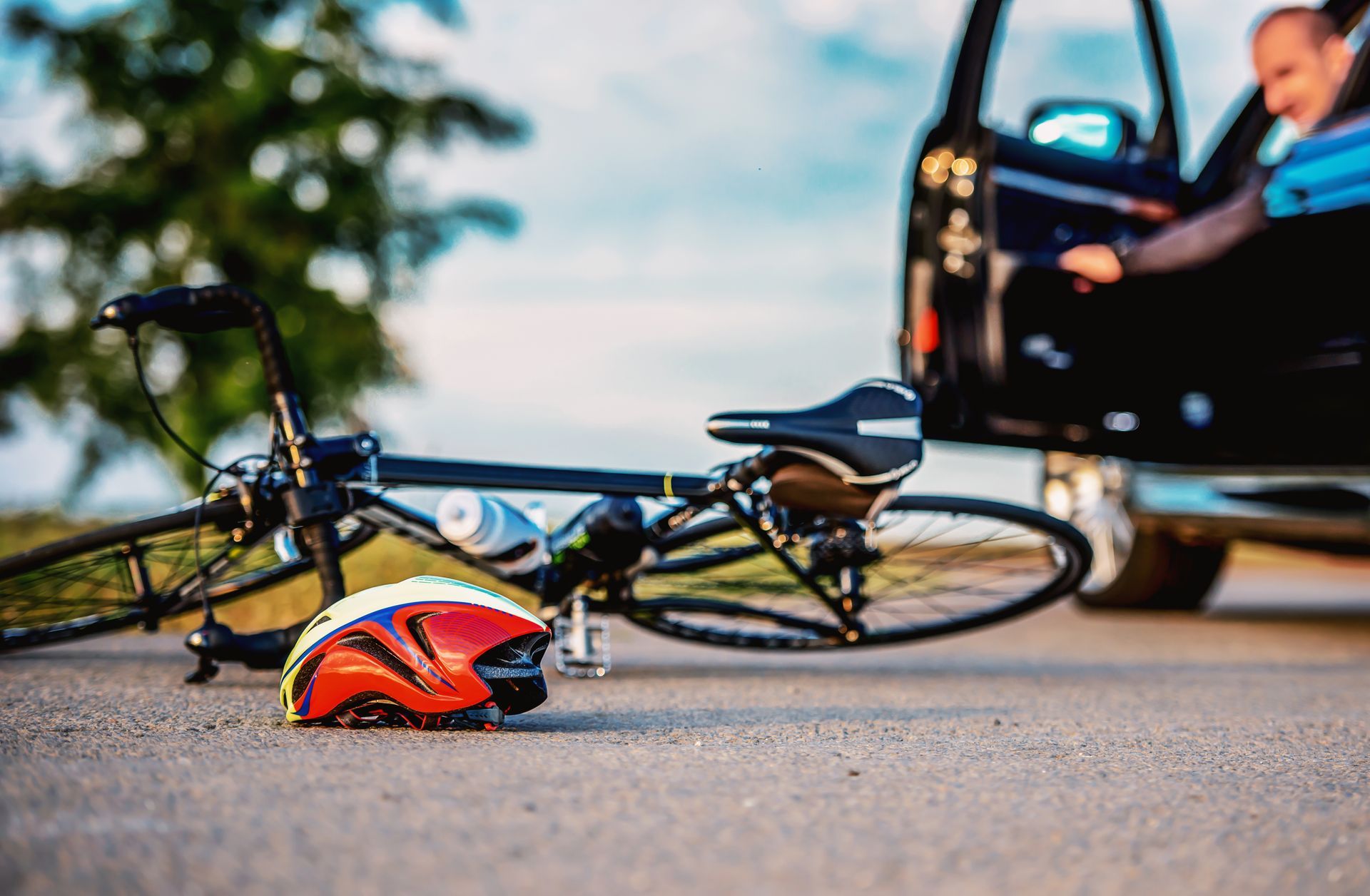
What To Do After You Get Into a Bicycle Accident
Here’s an 8-point checklist of things you should do after the accident and at the scene before calling a lawyer.
- Get Out of Harm’s Way
- Did you get injured in a bicycle accident? Move your bike to the pavement, get to safety away from the many buses, cars, motorcycles, trucks, and other vehicles on the road, and assess your injuries.
- If you’re unable to move due to severe injuries, call an ambulance for emergency help. Bicycle accidents can lead to catastrophic injuries and permanent scarring while significantly contributing to traffic accident-related mortality and morbidity.
- Call the Police
- Even if the accident and the resulting injuries seem minor, immediately call the police and stay at the scene so you can give your statement.
- The police will create an official report, document evidence, and conduct a thorough investigation that can serve as evidence if you go to court. Avoid admitting fault when you give them the rundown of what happened. You probably do not have all the facts about the accident such as the driver’s or witnesses’ versions of the event.
- Exchange Information
- If you got knocked off your bicycle by a motorist, collect their information. Internal injuries, traumatic brain injuries, nerve or tissue damage, and whiplash are not immediately noticeable and may appear hours, days, or weeks later. So, if you don’t perform this due diligence, it could hurt your chances of getting compensation.
- So, what information should you collect?
- Make and model of the vehicle
- Driver’s name, address, and phone number
- Driver’s license number and license plate number
- You should also get information about their insurer and policy number.
- Take Photos of the Scene
- Document how, where, and when the accident happened in detail. Take photos and videos of the scene—the roadway, traffic signals, weather conditions, your bicycle, and other vehicles involved in the crash.
- These will shed light on factors that may have contributed to the collision, show the estimated time of the accident, and provide information about the location and extent of injuries and damages so you can establish liability.
- Obtain Witness Information
- With accidents, there is always a dispute over who’s liable. That’s why you need to get accounts from eyewitnesses. These will provide key evidence and confirm who was at fault based on the events leading up to the crash. It can help you win your case. Ask for their contact details such as their names, phone numbers, addresses, and so on.
- Seek Medical Attention
- If your injuries aren’t severe, you should still consult a doctor post-crash to evaluate potential serious injuries that may sneak up on you later. Without a medical record detailing your symptoms after the crash (preferably over several days after the accident), you may have trouble getting the compensation you deserve.
- Keep Receipts
- The insurance company assigns a surveyor or adjuster to take stock of the damage before they talk compensation. So, instead of getting your bike repaired at the first opportunity, keep all the evidence as-is—from your bicycle (or what’s left of it) to your helmet, shoes, clothing, and other accessories damaged in the accident.
- You must also get your bike inspected by a local bike shop. Ask them for a quote on repairs and replacements to ensure you get a fair settlement for the damages incurred.
- Don’t Negotiate With Insurance Companies
- After the crash, the driver’s insurance company may get in touch with you. Avoid discussing the incident with them as they might twist what you say as an admission of fault and try to get out of paying the claim altogether. If they think you have enough material to support the claim, they could push for a quick settlement—which is often pitifully low and doesn’t cover the extent of damages.
- After complying with these measures, consult a lawyer.
Seek Advice From a Legal Professional
If you were in a bicycle accident, talk to a personal injury attorney to help you navigate the tricky and exhausting process of pursuing damages. As it can be quite complex, it’s best to hire a professional with relevant experience to safeguard your legal rights.
Lawyers can help:
- Determine whether you have a case based on state and local regulations
- Investigate the bicycle accident and the driving history of the other party to establish negligence or liability
- Gather evidence like witness statements, police and accident reports, medical records, and expert opinions from professionals to establish cause
- Calculate the value of your claim by accounting for lost wages and earning capacity, medical expenses, mental anguish, pain and suffering, physical therapy, prescription medications, repairs and replacements, etc.
- Determine which insurance applies to your case, such as personal injury protection (PIP), uninsured motorist coverage, health insurance, etc.
- Negotiate with the insurance company on your behalf to ensure you get a full and fair settlement based on the damages
If the insurance company refuses to cover the damages or invalidates your claims, lawyers like Bahe Cook Cantley & Nefzger can file a lawsuit and ensure you’re well-represented in court.
Choosing the Best Bicycle Accident Attorney
If you’ve been hurt or your bike sustained damages in a bicycle accident, you can pursue damages with the right lawyer. What does the right lawyer look like? Consider these factors:
- Experience
- The Kentucky Bar Association has over 16,000 members but not all of them have the experience and expertise to represent you in a bicycle accident case. If you want to maximize your chances of success, look for a lawyer with relevant experience as a personal injury attorney such as Nathan D. Williams, a Super Lawyers Rising Star since 2013.
- Success Rates
- Once you have a list of reputable bicycle accident attorneys, ask them about their success rates to find out how many cases they’ve won and the settlements they negotiated for their clients.
- Choose a Lawyer Who’s Easy To Reach and One You Feel Comfortable Talking To
- You don’t hire an attorney and leave them to their devices. You have to communicate the facts of the case with them, ask for updates, and get in touch with them for any details about the case. That’s why it’s important to choose one who’s accessible and has good communication skills.
- Look for Contingency Contracts
- A good bicycle accident lawyer should work on contingency, meaning you won’t have to pay for their services until a settlement is reached. This arrangement gives them more motivation to fight for your cause since they can earn at least a third of the damages if they win.
Talk to a Bicycle Accident Lawyer at Bahe Cook Cantley & Nefzger
If you or a loved one has been injured in a bicycle accident, contact Bahe Cook Cantley & Nefzger for a free consultation. Our experienced and knowledgeable legal team will evaluate your case and help you fight for the settlement you rightfully deserve.
In some states, you can still file a case if the dog that bit you has no known owner. However, the case may be a little more complex. An experienced attorney might be your best bet to guide you.
In addition, anyone handling the dog (a dog sitter or walker) can be sued in some states. Similarly, you may be able to sue the property owner where the incident occurred.

